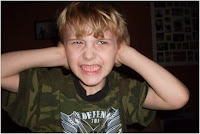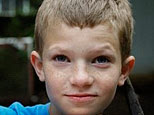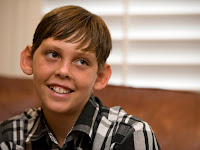Message to Teens on the Autism Spectrum: What Are Your Thinking Errors?
Resources for parents of children and teens on the autism spectrum : ==> How to Prevent Meltdowns and Tantrums in Children with Autism Spectrum Disorder ==> Parenting System that Reduces Defiant Behavior in Teens with Autism Spectrum Disorder ==> Launching Adult Children with Autism Spectrum Disorder: Guide for Parents Who Want to Promote Self-Reliance ==> Teaching Social-Skills and Emotion-Management to Children with Autism Spectrum Disorder ==> Parenting Children and Teens with High-Functioning Autism: Parents' Comprehensive Handbook ==> Unraveling the Mystery Behind High-Functioning Autism: Audio Book ==> Crucial Research-Based Parenting Strategies for Children and Teens with High-Functioning Autism


